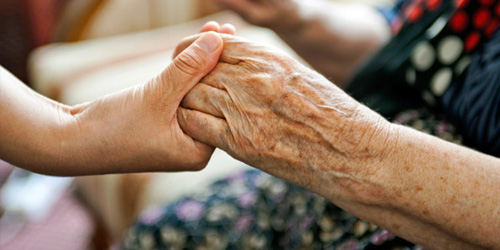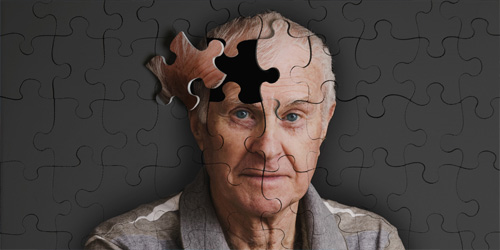Epilepsy is a chronic disorder characterized by recurrent seizures, which may vary from a brief lapse of attention or muscle jerks, to severe and prolonged convulsions. The seizures are caused by sudden, usually brief, excessive electrical discharges in a group of brain cells (neurones). In most cases, epilepsy can be successfully treated with anti-epileptic drugs.
Monthly Archives: December 2016
Chronic Headaches
Chronic headache, or chronic daily headache (CDH), is classified as experiencing fifteen or more days with a headache per month. It is estimated that chronic headaches affect “4% to 5% of the general population”.Chronic headaches consist of different sub-groups, primarily categorized as chronic tension-type headaches and chronic migraine headaches. The treatments for chronic headache are vast and varied. Medicinal and non-medicinal methods exist to help patients cope with chronic headache, because chronic headaches cannot be cured. Whether pharmacological or not, treatment plans are often created on an individual basis.
Parkinson’s disease
Parkinson’s disease is the second most common neurodegenerative disorder and the most common movement disorder. It is characterized by progressive loss of muscle control, which leads to trembling of the limbs and head while at rest, stiffness, slowness, and impaired balance. As symptoms worsen, it may become difficult to walk, talk, and complete simple tasks.
Alzheimer Disease
Brain cell connections and the cells themselves degenerate and die, eventually destroying memory and other important mental functions.
Memory loss and confusion are the main symptoms.
No cure exists, but medications and management strategies may temporarily improve symptoms.





